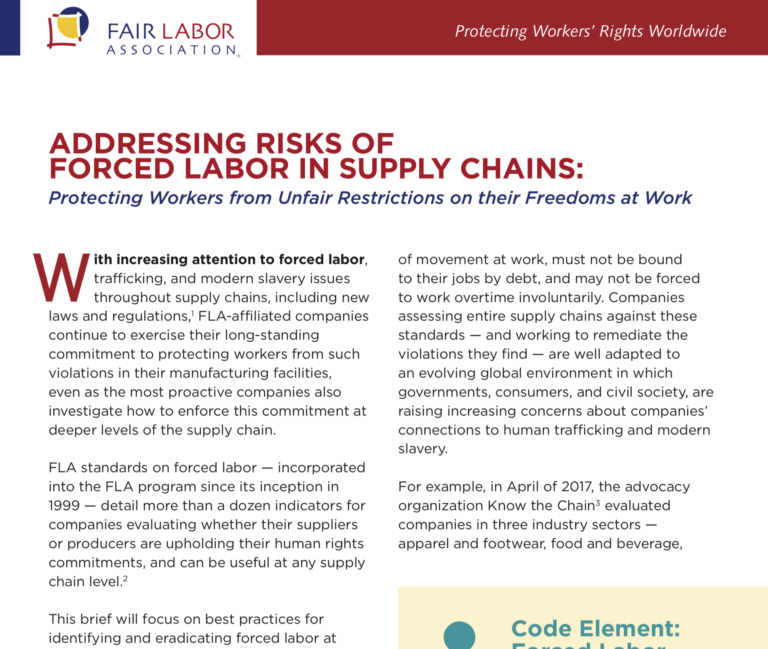Tracking the traffickers: How can banks be used to stop human trafficking?
Good PracticesVideosHuman trafficking is devastating for the victims but low-risk for the criminals, whose activities are largely hidden from view. To disrupt it, law enforcement is turning to some unlikely new partners—banks. ...Read More

